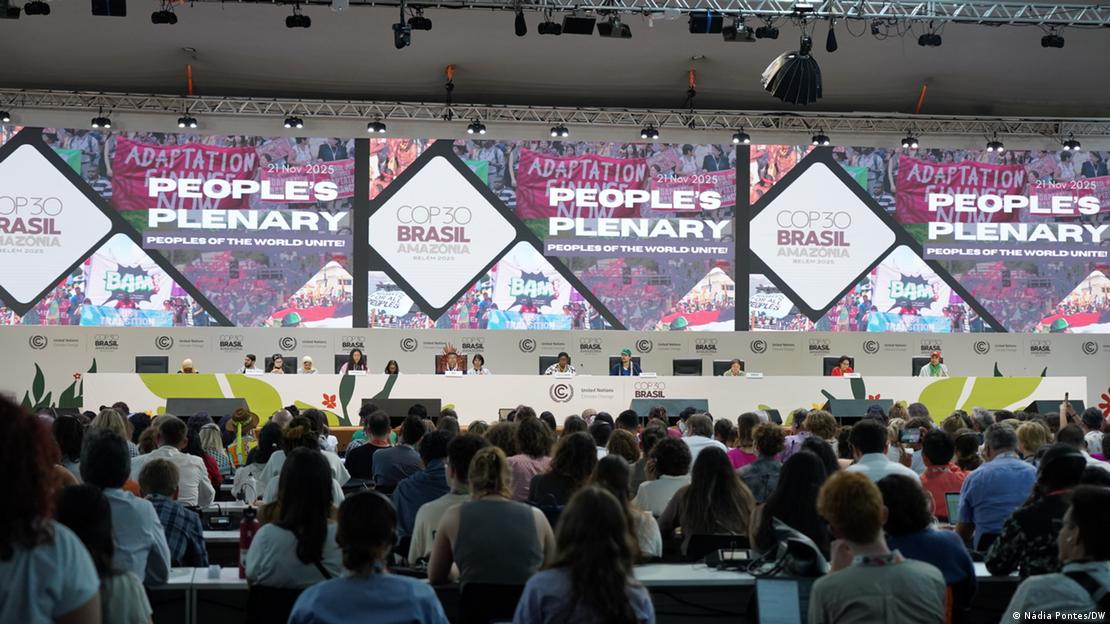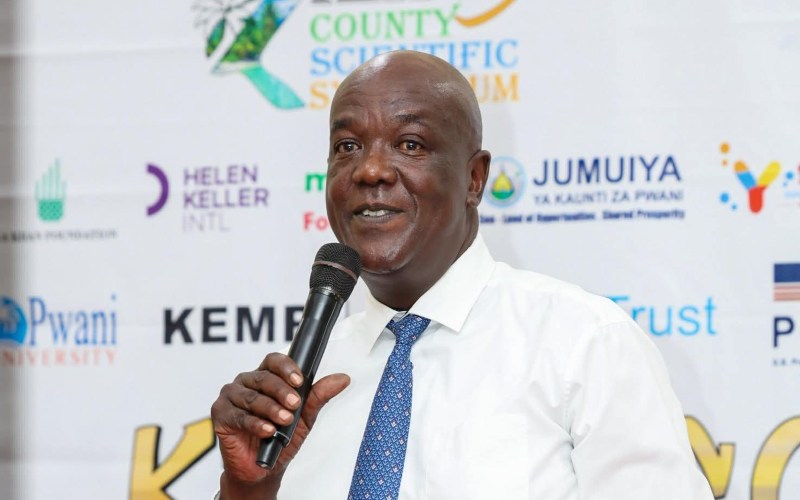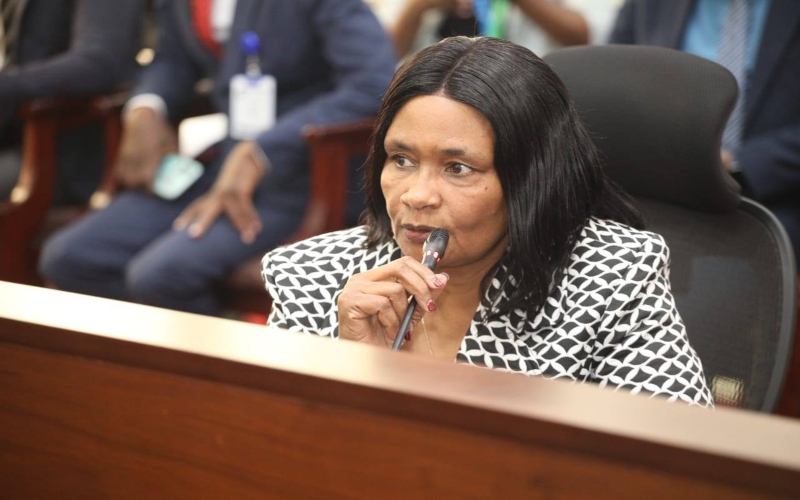Somalia’s Auditor-General accuses top courts of blocking $1 million financial audit

Speaking at a press conference in Mogadishu on Tuesday, Issa revealed that the Supreme Court, the Benadir Regional Court, and the Benadir Regional Appeals Court had obstructed his office from carrying out its annual audit for the 2024 financial year.
Somalia’s Auditor-General, Ahmed Issa Gutale, has accused three of the country’s highest courts of blocking financial audits, leaving more than one million dollars in public funds unaccounted for.
Speaking at a press conference in Mogadishu on Tuesday, Ahmed revealed that the Supreme Court, the Benadir Regional Court, and the Benadir Regional Appeals Court had obstructed his office from carrying out its annual audit for the 2024 financial year.
He said the courts’ refusal undermines accountability and violates national financial management laws.
According to the auditor-general, the three courts together received multimillion-dollar budgets in 2024. Records show the Supreme Court was allocated about $2.7 million, the Benadir Regional Court $2.1 million, and the appeals court $937,000.
Gutale stressed that all other government institutions had opened their accounts for review, making the judiciary the only branch resisting financial scrutiny.
Because of this obstruction, his office launched a risk-based review of the judiciary’s finances. That review uncovered major irregularities, including $1,089,998.76 in revenue that was not deposited into the federal treasury.
He said the missing funds came from fines, auctions, and confiscated property, all of which should, by law, have been transferred directly to the government’s central account.
“This practice not only violates the country’s financial laws but also weakens the accountability principles the government has pledged to uphold,” Ahmed said.
Fragile governance reforms
He warned that the matter strikes at the heart of Somalia’s fragile governance reforms, at a time when the country is striving to strengthen financial discipline to qualify for more international support and debt relief.
Somalia has made progress in improving its public finance management system, and Ahmed noted that ministries in the executive branch had fully cooperated with audits. In contrast, the judiciary had given no formal explanation for rejecting the requests.
“The refusal of these courts is not just a procedural issue,” Ahmed said. “It represents a clear attempt to shield finances from lawful oversight.”
The revelations come as Somalia seeks to attract foreign investment and maintain financial backing from donors and international institutions.
Transparency and anti-corruption measures have been key conditions for such support, and the Auditor General’s claims may raise concerns among partners who have pushed for stronger oversight institutions.
Observers caution that judicial resistance to audits could erode public trust. Since the judiciary is charged with upholding the law, missing or unaccounted funds within this branch risk undermining confidence in broader reform efforts.
So far, the three courts named in Ahmed’s statement have not publicly responded to the allegations. Efforts to obtain clarification from judicial officials have been unsuccessful, leaving open questions about whether the courts plan to challenge or address the claims.
Top Stories Today













































